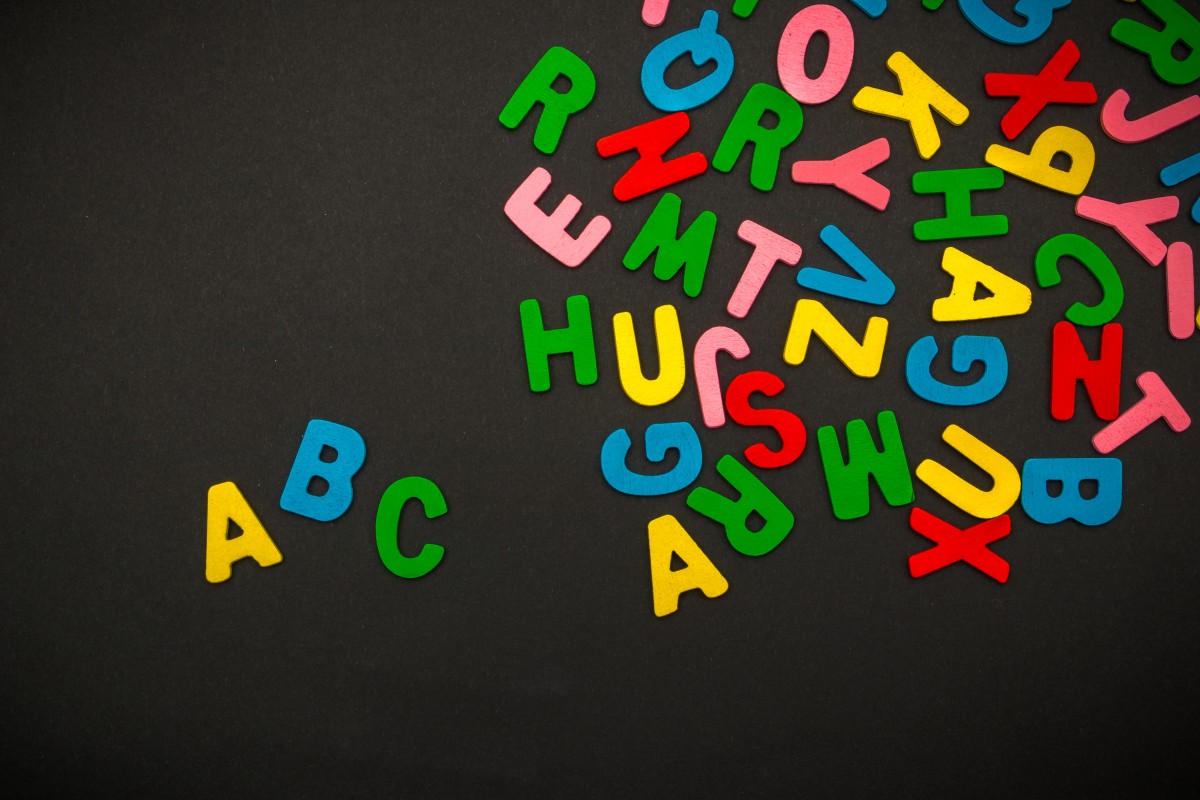New research led by a group of researchers at the University of York suggests there may be a genetic link between poor language in children and mental health.
The study, published in the Journal of Speech, Language, and Hearing Research, looked at genetic variants in six genes theoretically associated with language development in children.
Using Polygenic scoring, also known as a genetic risk score, researchers determined around half of the genetic variants linked to language development was also associated with poor mental health.
Researchers came to this conclusion by examing the genetic data of more than 5,000 participants, all children, in addition to clinical assessments on language capacity and questionnaires.
“This study provides very preliminary evidence that children with language disorders, such as developmental language disorder (DLD), may experience poor mental health due to shared biological mechanisms,” said Umar Toseeb, lead author of the study.
“This means that children with DLD may have poor mental health because the genes that are responsible for building neural systems responsible for language might also be responsible for mental health,” Toseeb added.
“If our findings are confirmed in future work, it could mean that, rather than wait for children with developmental language disorder to show symptoms of poor mental health before intervening, mental health support is put in place as soon as language difficulties become apparent, as a preventative measure.”
Despite the findings, researchers note that there are thousands of more genes in the human genome yet to be probed. “We looked at genetic variation across six genes, but there are many thousands more in the human genome that we did not investigate, so these results only represent a subset of the relevant networks.”


